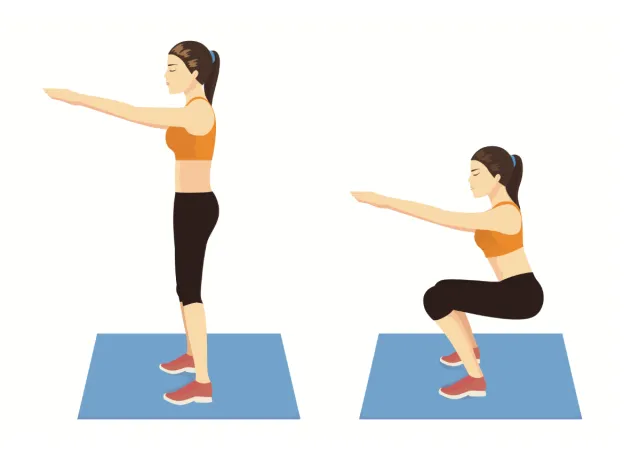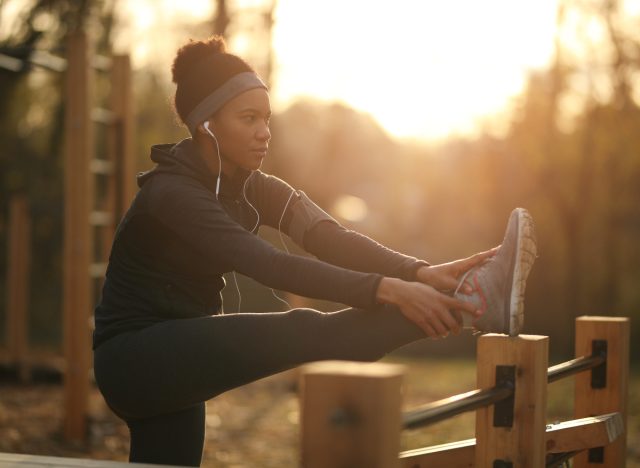The COVID-19 pandemic lockdown exposed so many weaknesses within our society and its systems. Despite a lockdown that allowed essential items to be available since the beginning, people suffered nonetheless. We heard of ration shortages, shortages of critical medicine, and went through a lot of it too. However, there was one issue that did not make it to Television news. The shortage of sanitary pads and the difficulties related to menstruation.
This issue served to expose how women have to suffer because of our society’s close-mindedness. The taboos surrounding menstruation led to so many women suffering through this lockdown. From unavailability of sanitary pads to hygiene issues, the troubles have been endless. Which reminded us once again, that women equality cannot be achieved until they are given the right to feel comfortable in their own bodies.


Why are periods taboo in India?
There are many myths associated with menstruation in India. At the core of all of them is the belief that blood coming from the vagina of a woman is impure. Different stories associate different reasons for this logic. In some narratives, it’s a curse. In others, it is a sin leaving the body. Whatever the reason, the fact remains that women since centuries have been made to feel ashamed about this biological process occurring in their body. The saddest part in all of this is that large parts of our society still believe in these myths.
We already know that in several parts of the country, women still have to hide that they are menstruating. And make no mistake, this problem is as prevalent in urban cities as it is in rural India. I still remember how amazed my roommate was when she heard me talking to my father about my periods, on the phone. The difference between urban and rural households is this. In urban areas, women are not discriminated against because of their menstrual cycle. While in many rural areas, during menstruation, women are restricted to one room of the house. The situation is much worse than what I can capture here. So, how has the lockdown made it worse still?
The impact of COVID-19 lockdown on personal hygiene during menstruation

The first issue that we all felt was of shortage. When the lockdown was first imposed in the last week of March, Sanitary napkins did not make it to the list of essentials. Should we blame this on the ignorance of men who make these lists? Or on the fact that a lack of awareness led to such a grave oversight? Whichever the case, I too, had to use cloth for the first time in my life due to the unavailability of sanitary napkins. At a time when hygiene is of utmost importance, this experience reminded me that I live in a third world country after all.
READ RELATED: Burger King Is Upgrading This Crucial Sandwich Staple
Thankfully, I did not have to go through this hygiene nightmare again. And I wasn’t the worst victim of the lockdown. The lockdown led to a loss of livelihood for so many in the country. Naturally, among these were the economically weak sections. When you don’t have enough money to buy food, you don’t consider sanitary napkins a priority. As it is, the sanitary napkins that have the widest reach in the market are the most expensive.
There are several NGOs that work towards providing low-cost sanitary napkins to women belonging to economically weaker sections. Yet, because of the lockdown, the NGO workers could not deliver low-cost napkins. This forced many women to make the shift to cloth once again. However, this is not where their troubles end.
The use of cloth requires a lot of care to maintain hygiene. This requires the cloth to be washed after regular intervals. And for it to be dried in proper sunlight. When everyone in the family is home, women feel uncomfortable drying their cloth in the open. They dry the cloth they use to absorb the menstrual blood in places that are not frequented by the males of the household. Often these are dingy places that serve as a breeding ground for germs.
Cloth as a means to absorb menstrual blood are extremely messy. It does not stay in one place and often stains the clothes a woman is wearing. Imagine a household where women can’t even talk about their periods. For them to risk wearing stained clothes in front of house elders and men is unthinkable. On top of all of this, lack of toilet facilities is adding to the woes of personal hygiene. Absence of proper toilets to change and dispose of sanitary napkins or wash clothes has aggravated the hygiene issues. In places where community toilets are used, maintaining social distance and hygiene during periods is a challenge.
Another challenge that has arisen because of this lockdown is irregular periods. The stress that the pandemic has caused could be for different reasons but has affected everyone without economic differences. A disruption in the menstrual cycle due to stress is a common occurrence. The problem is that many of us fail to recognise it as a cause. An unrecognised problem can lead to worsening of the situation.
What can be done to improve the situation?
Lack of awareness certainly is at the core of all these issues. Not much can be done to increase awareness in the current crisis situation. Instead, steps can be taken to reduce the challenges being faced by women in all areas. For starters, the government can intervene and make sanitary napkins available at subsidised rates for the course of the pandemic. Women for whom money is an issue can benefit greatly from such an effort. In fact, corporations should realise the challenges posed by the pandemic and reduce rates on their own.
Access to menstrual products should be made easier and hoarding discouraged. The initial dearth of supply of sanitary napkins led to a lot of hoarding later on when they were included in essential items. Small businesses providing the napkins can keep a check on hoarding by limiting what they sell to each customer. Sanitary pads should also be provided to far-flung areas along with other essentials. And areas of economically weaker sections.
Another skill that has emerged as an essential during this time to make disposable pads at home. Schools and other institutions in villages can be used to educate women on how to make sanitary napkins at home. Or the government can take the initiative of setting up small machines for manufacturing in each village. Arunachalam Muruganantham’s foundation sets up such machines in villages. Not only have these machines made sanitary napkins cheaper, but they also become a source of income for women working in these small factories.
Lastly, I would like to touch upon the disturbance in the menstrual cycle that many women are experiencing. The stress of this lockdown has led to irregular periods for many. During this time, it is extremely important to eat healthy, exercise, and stay fit. Setting routines and a healthy lifestyle can be extremely helpful in getting your menstrual cycle back on track. Don’t ignore your personal health and hygiene while worrying about COVID-19.
Source: WomenNow









